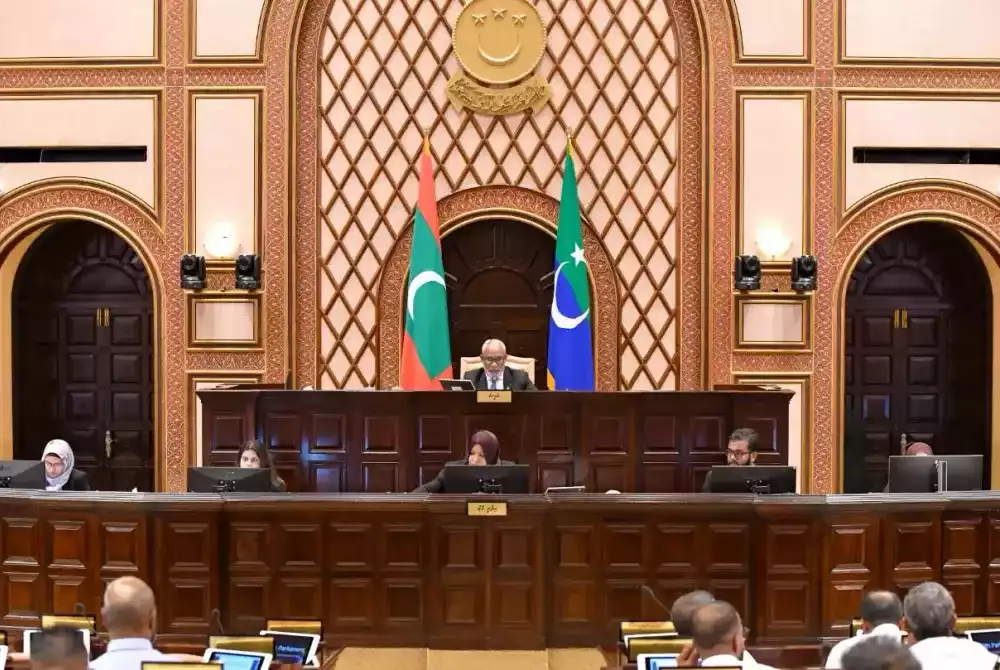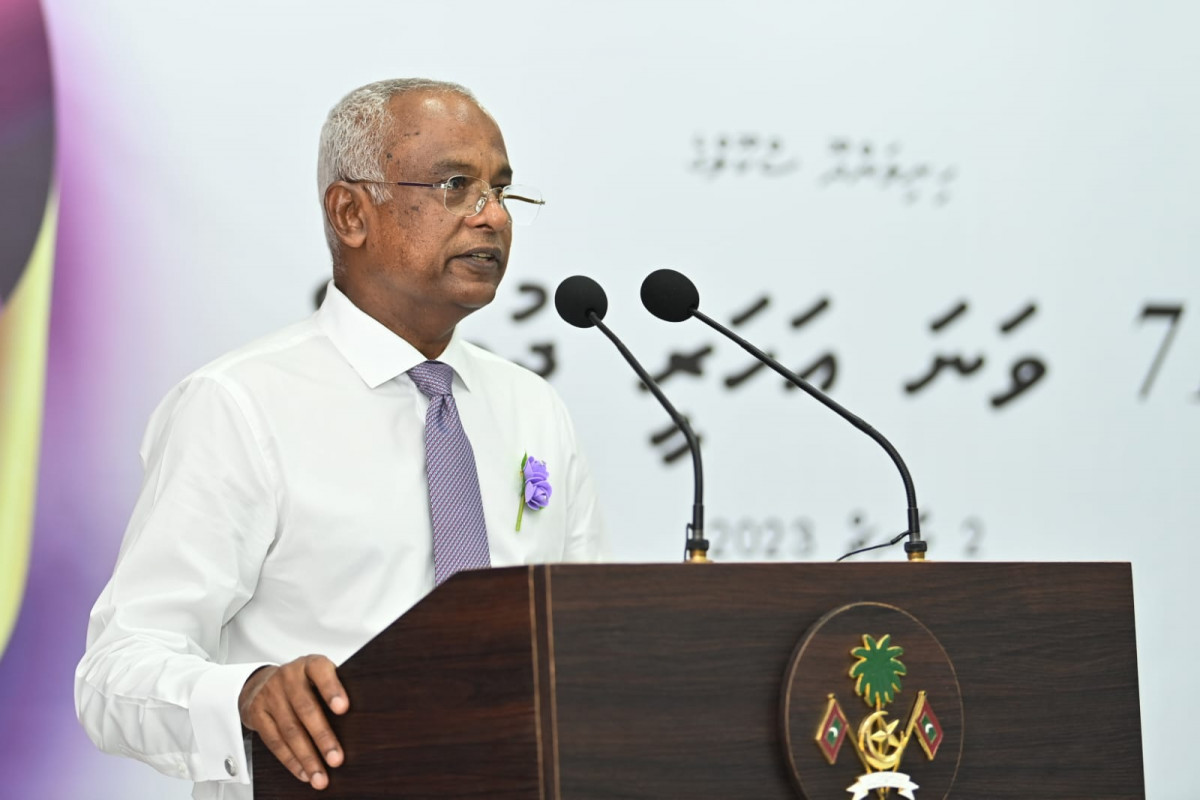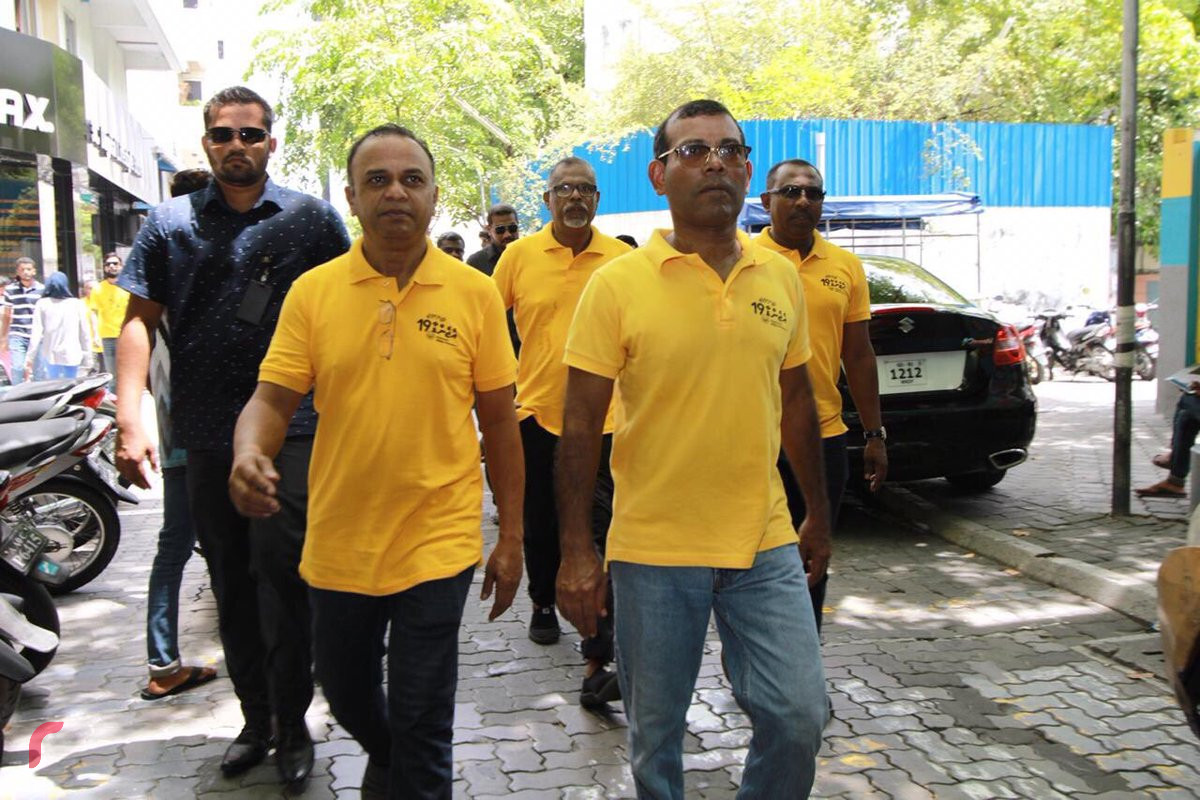Majlis greenlights public referendum bill
Majlis approved the public referendum bill to establish legal framework for holding referendums on national matters


During a sitting of the People's Majlis
The People’s Majlis has greenlighted the public referendum bill, which outlines the legal framework for holding referendums to seek public opinion on key national matters.
The bill, submitted on behalf of the government by MP for Inguraidhoo constituency Ibrahim Falah, was approved during Monday’s parliamentary sitting with 64 votes in favor and 12 votes against.
According to the government, the purpose of the bill is to give legal effect to the constitutional provisions allowing public referendums. It aims to define the conditions under which referendums can be held, outline the responsibilities of those initiating them, establish the procedures the Elections Commission of Maldives must follow, and set the broader legal and administrative guidelines.
The bill allows public referendums to be held on matters of national importance and issues that significantly affect the public. It specifically permits referendums on amendments to several key constitutional provisions.
This includes:
- Any article in Chapter Two of the Constitution, which deals with Fundamental Rights and Freedoms
- The article determining the term of the People’s Majlis
- The article setting the presidential term
- The article governing the method of electing the President
- The article concerning presidential assent to bills
- The article defining the territory of the Maldives
In addition to this, the bill provides that if the president refuses to ratify a constitutional amendment, a public referendum may be held to pass the bill.
In terms of procedure, the bill mandates that a minimum of 45 days and a maximum of 90 days must be allowed between the date the referendum is requested and the date of voting. All citizens aged 18 and above are eligible to vote, and voting must be conducted via secret ballot.
The bill now sets the stage for formalizing the referendum process in the Maldives and defines the roles and limits of both the government and the public in shaping critical constitutional and national decisions.






